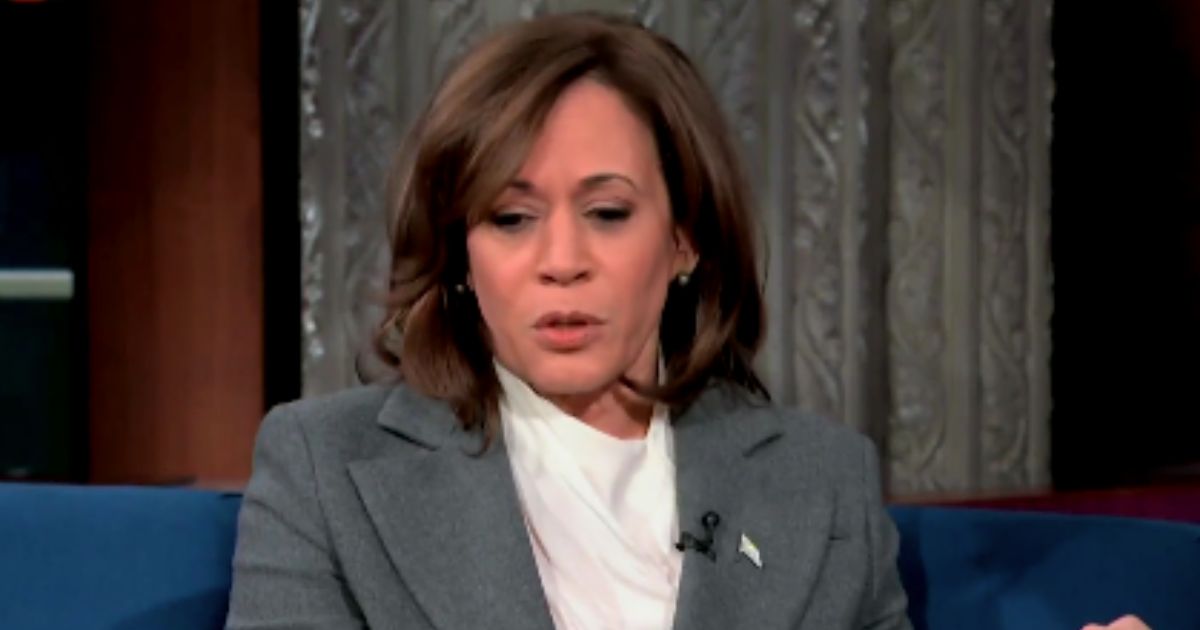Supreme Court Upholds VA Governor's Order To Purge Non-Citizen Voter Registrations
A high-stakes legal battle over Virginia's voter rolls reaches its climax as Governor Glenn Youngkin seeks to maintain election integrity through systematic verification of citizenship status.
According to The Populist Times, the Supreme Court ruled 6-3 on Wednesday to allow Virginia to continue removing non-citizens from its voter rolls, dealing a significant blow to the Biden administration's legal challenge.
This decision effectively stays lower court rulings that had previously ordered the restoration of removed names to the voter registry.
The ruling represents a major victory for Governor Youngkin and Virginia Attorney General Jason Miyares, who have been leading efforts to enforce state election laws. This development comes at a crucial time, with the November election approaching and mounting concerns about voter eligibility requirements.
Legal Battle Over Voter Registration Requirements
The controversy stems from Virginia's implementation of a 2006 state law designed to maintain accurate voter rolls. Under Youngkin's administration, the state removed 6,303 non-citizens from voter registries between January 2022 and July 2024. The process intensified following an executive order issued in August 2024.
The executive order established a clear protocol for identifying and removing non-citizens from voter rolls. Election officials were required to send notification letters to individuals who indicated non-citizen status on driver's license applications but appeared on voter registries. These individuals were given a 14-day window to prove their citizenship.
Since the executive order's implementation, Virginia officials confirmed the removal of an additional 1,600 names from voter rolls. This action prompted immediate legal challenges from the Department of Justice.
Department Of Justice Intervention Meets Resistance
The Biden administration's legal challenge centered on the National Voter Registration Act of 1993, which prohibits systematic removal of names from voter rolls within 90 days of an election. However, Virginia officials maintained their position that the removals were conducted on a case-by-case basis.
Attorney General Jason Miyares shared the Supreme Court's decision on social media platform X, stating:
🚨🚨BREAKING: I am pleased to announce that the US Supreme Court granted Virginia's emergency stay to keep noncitizens off our voter rolls.
The case navigated through multiple judicial levels before reaching the Supreme Court. Initially, a U.S. District Court judge sided with the Biden administration, followed by a similar ruling from the U.S. Court of Appeals for the Fourth District.
Supreme Court's Decisive Intervention
The Supreme Court's ruling reflected a clear ideological divide among the justices. The conservative majority, comprising six justices, supported Virginia's position, while liberal Justices Sonia Sotomayor, Elena Kagan, and Ketanji Brown-Jackson dissented.
Governor Youngkin's appeal was directed to Chief Justice John Roberts, who oversees the Fourth District. The Supreme Court's decision effectively validates Virginia's voter roll maintenance procedures and establishes a precedent for similar cases nationwide.
This ruling carries significant implications for other states considering similar measures to verify voter eligibility. The decision provides legal backing for states seeking to implement comparable verification processes.
Election Integrity Measures Take Center Stage
Virginia's approach to maintaining voter rolls demonstrates a comprehensive strategy for ensuring election integrity. The state's procedure includes multiple safeguards and opportunities for individuals to prove their citizenship status before removal from voter rolls.
The verification process has revealed significant discrepancies between driver's license applications and voter registration records. These findings have reinforced the state's argument for maintaining strict citizenship verification protocols.
The systematic approach to voter roll maintenance continues to generate discussion about balancing election accessibility with security measures. This debate remains particularly relevant as states across the country review their election procedures.
Landmark Decision Shapes Electoral Framework
The Supreme Court's ruling reinforces state authority in managing voter rolls and implementing election integrity measures. Virginia's successful defense of its voter verification procedures provides a blueprint for other states considering similar election security measures.
The decision marks a significant moment in the ongoing national conversation about election administration and voter eligibility requirements. As states continue to navigate these complex issues, Virginia's experience offers valuable insights into the legal and practical aspects of maintaining accurate voter rolls.




